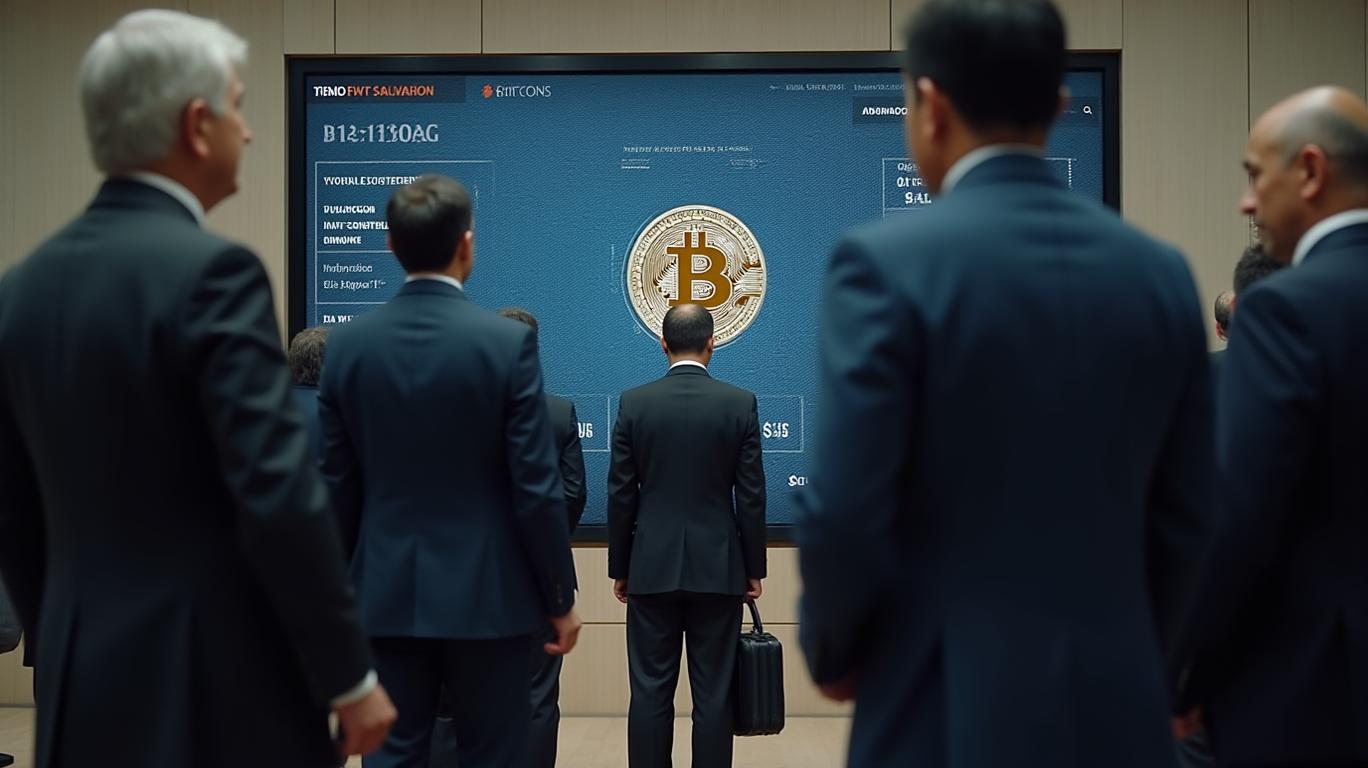El Salvador's Bitcoin Holdings Face IMF Scrutiny by 2025
El Salvador's Bitcoin Holdings Face IMF Regulation by End of Year
The International Monetary Fund (IMF) has set new deadlines to enhance oversight of ElEL-- Salvador's Bitcoin holdings and transactions, according to information disclosed by journalist Ricardo Valp of El Faro. In exchange for a $1.4 billion bailout package, President Nayib Bukele's administration allegedly agreed to share comprehensive data on its BTC holdings and transactions.
Valp revealed on X that the IMF has proposed conditions aimed at reducing risks related to Bitcoin, focusing on enhanced transparency and accountability in the government's BTC activities. The government must submit a signed statement to IMF staff confirming all hot and coldCOLD-- wallet public addresses, along with corresponding BTC amounts, owned or controlled by the Salvadoran public sector. This mandate covers central government accounts and any state-controlled entities or legal persons under majority ownership or influence.
The first requirement to report these Bitcoin addresses and amounts is due by the end of March 2025, aligning with the IMF's first program review. A second disclosure is scheduled for the end of June 2025, capturing updated balances. The final disclosure, at the end of December 2025, falls under the IMF's third review and requires a signed statement listing and identifying all state-linked addresses and amounts at that time.
In addition to these recurring disclosures, the plan imposes strict deadlines for the restructuring or cessation of several high-profile components of El Salvador's Bitcoin infrastructure. The government must adopt and publish a new business plan aimed at halting the use of public funds within the state-sponsored digital wallet known as Chivo by July 2025. The state is reportedly required to liquidate the BTC trust fund known as Fidebitcoin and release the associated audits conducted by the Court of Accounts (AAB) and independent external auditors by the same deadline. The guidelines also indicate that the government should publish Chivo's financial statements, verified by auditors, and segregate Chivo users' US dollar balances at the country's Central Reserve Bank (BCR).
The final phase, by December 2025, calls for enacting a comprehensive framework that will strictly govern how the government purchases, holds, or disposes of its Bitcoin and any other crypto assets. This framework would include rigorous governance protocols, formal risk management controls, explicit investment guidelines, and a clearly defined regulatory role for the A 
Comprender rápidamente la historia y el origen de varias monedas bien conocidas
Latest Articles
Stay ahead of the market.
Get curated U.S. market news, insights and key dates delivered to your inbox.

Comments
No comments yet